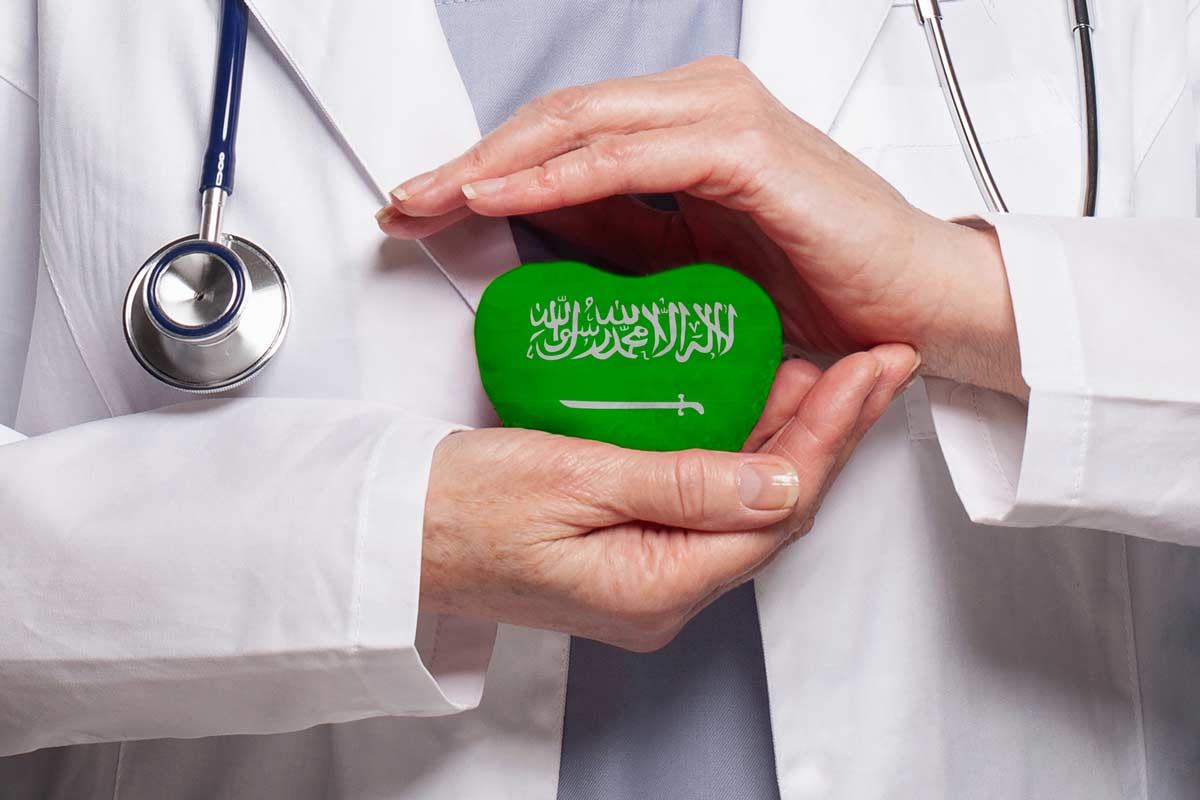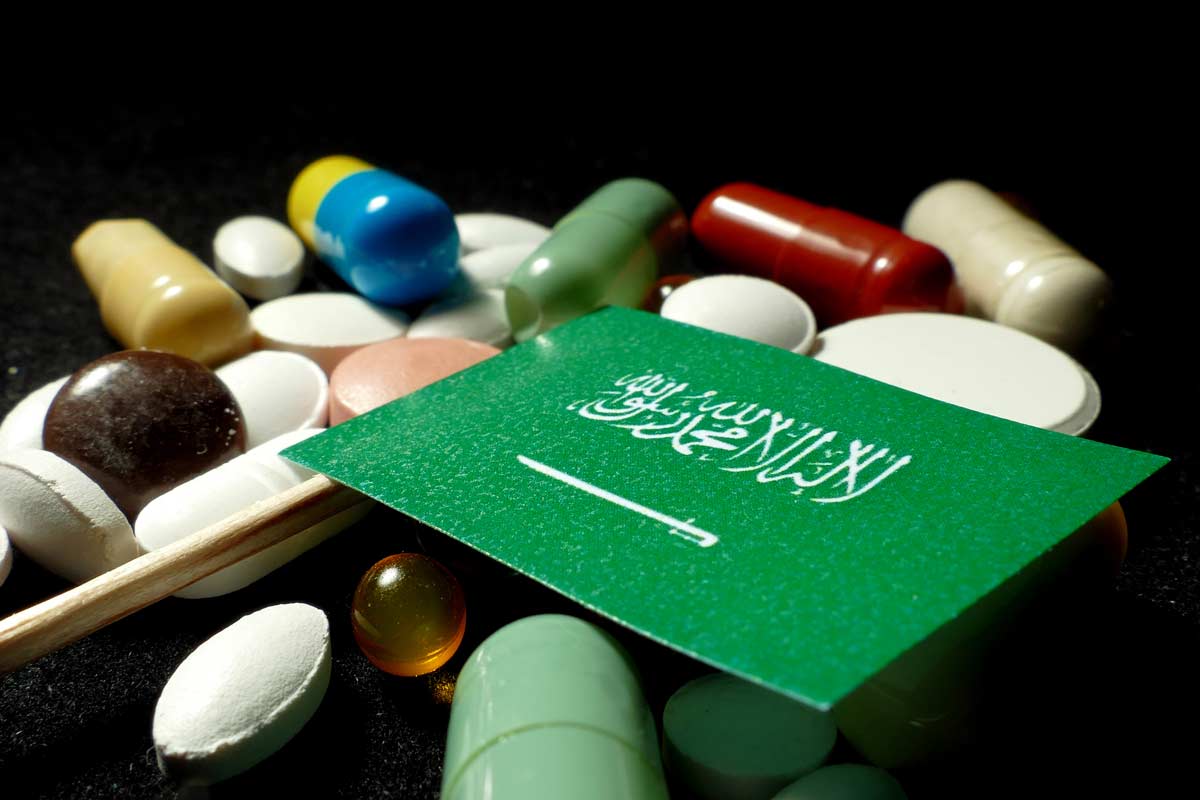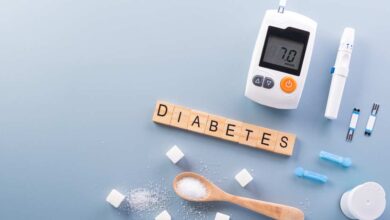The Saudi healthcare sector emerges as an international hub for attracting capital
High Investments and Growing Demand

Saudi Arabia’s healthcare sector is flourishing with projects and investment opportunities, ranking sixth globally in this field. The Kingdom aims to increase the private sector’s share in healthcare to 22%, which enhances the appeal for specialized healthcare or pharmaceutical companies to invest. The Ministry of Health’s investment division reported that private healthcare investments in the Kingdom rose by 71% in 2024, supported by foreign inflows. Annual investments are expected to continue rising at a strong pace at least until 2035.
While Saudi Arabia is increasing investments overall, the focus on healthcare is driving exceptional growth, turning the Kingdom into a magnet for both local and foreign capital across hospital, pharmaceutical, and other health-related projects. According to Investment Minister Khalid Al-Falih, the Saudi healthcare sector now boasts investment opportunities worth over SAR 120 billion. The Global Health Exhibition in Riyadh, held at the end of 2024, saw the launch of nearly SAR 50 billion in new healthcare investments. Al-Falih also highlighted the development of the sector’s digital infrastructure, positioning Saudi Arabia sixth worldwide, in addition to the success of its privatization program, which attracts projects exceeding SAR 120 billion.
He emphasized the Kingdom’s competitive edge as a highly trusted nation for nearly 2 billion Muslims worldwide. Any halal medicine or food produced in Saudi Arabia would thus be highly promising, with wide market appeal. For example, Pakistani investors are seeking licenses and approvals from the Saudi Food and Drug Authority to relocate their industries to the Kingdom for global export.
Saudi Arabia also seeks to finance private healthcare projects and develop hospitals through a dedicated infrastructure fund under the National Development Fund. The significant transformation in healthcare, whether through medical achievements, technological advances, or artificial intelligence, has become a key attraction for global research centers, hospitals, and private investors, promising more investments and further positive health outcomes.

Investment Opportunities Worth SAR 330 Billion
The Kingdom plans to raise healthcare’s contribution to GDP from SAR 199 billion today to SAR 318 billion by 2030, with the private sector’s share expected at around SAR 145 billion. According to the Ministry of Health, total healthcare investment opportunities in Saudi Arabia reach SAR 330 billion.
The “Invest in Health” conference, part of the 7th Global Health Exhibition (held October 21–23 in Riyadh), showcased numerous opportunities with participation from over 1,000 investors, more than 60 startups, and a wide range of entrepreneurs. The Investor Forum highlighted investment opportunities in healthcare and provided private meeting spaces for investors and companies.
During the event, 138 agreements and MoUs were signed, worth SAR 13.3 billion (USD 4.03 billion). The private healthcare sector is seeing rapid growth through a surge in investment license applications, aligned with Vision 2030 goals to empower the private sector as a key partner in building effective and safe healthcare services. By the close of the Global Health Exhibition, transactions and investments amounted to nearly SAR 50 billion, according to Deputy Minister of Health for Planning and Development, Eng. Abdulaziz Al-Rumaih.
SAR 72 Billion by 2030
Saudi Arabia ranks first regionally in healthcare spending, witnessing major growth in foreign cash inflows into the sector. In recent years, these investments grew at an average annual rate of 11%. The Kingdom aims to increase private sector participation in healthcare to 22%, boosting opportunities for healthcare companies. These investments extend beyond healthcare delivery, reaching all areas of the sector. In pharmaceuticals, the Kingdom targets nearly SAR 72 billion in investments by 2030. Saudi pharmaceutical manufacturing enjoys global credibility, demand, and international recognition, attracting multinational companies to open factories or invest heavily in existing local firms. Investment agreements cover major areas such as artificial intelligence, pharmaceuticals, and medical devices, alongside new opportunities in modern healthcare models to match global advancements. Reports highlight at least four growth drivers for Saudi private healthcare: demographic expansion among citizens and expatriates, National Transformation Program goals, low hospital penetration rates, and insurance sector developments. This is reinforced by major healthcare IPOs on the Saudi stock market, including Dr. Sulaiman Al-Habib Medical Group’s 2020 listing, and Faqih Healthcare Group’s June 2024 IPO, the largest of that year at SAR 2.9 billion (USD 764 million). Gulf subsidiary of Aster DM Healthcare is also considering a USD 250 million acquisition to boost its presence in Saudi Arabia. These trends, which continued rising into 2025, align with a decade-long pipeline of healthcare investment projects that signal an unprecedented sectoral boom, possibly the largest in the region. Observers expect Saudi healthcare to maintain strong performance, with profit growth between 12–14% in Q2 and Q3 2025, potentially rising to 14–16% by Q4 2025 and Q2 2026. Key drivers include Vision 2030 healthcare initiatives, expansion of facilities and medical tourism, and rapid adoption of digital health technologies.















